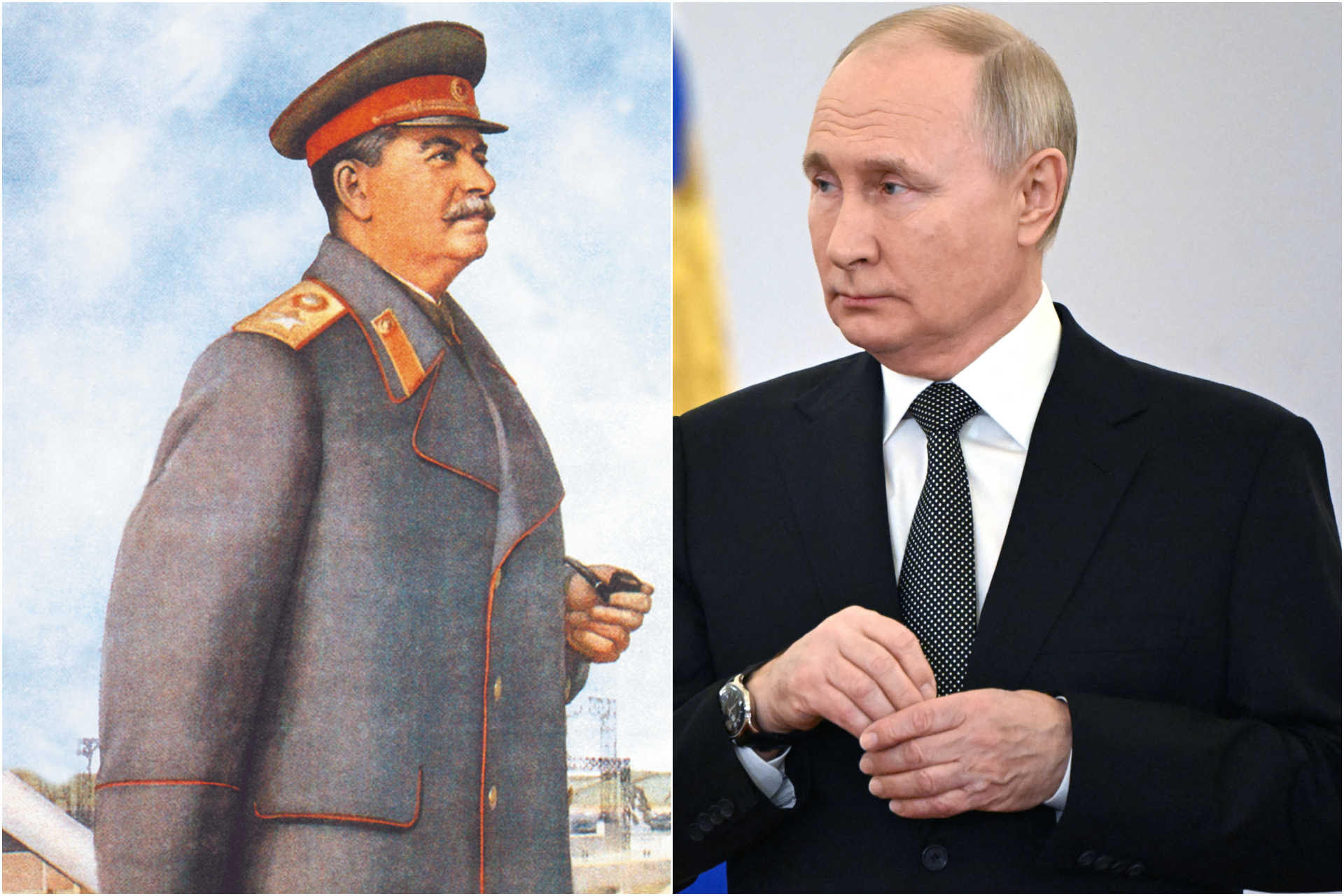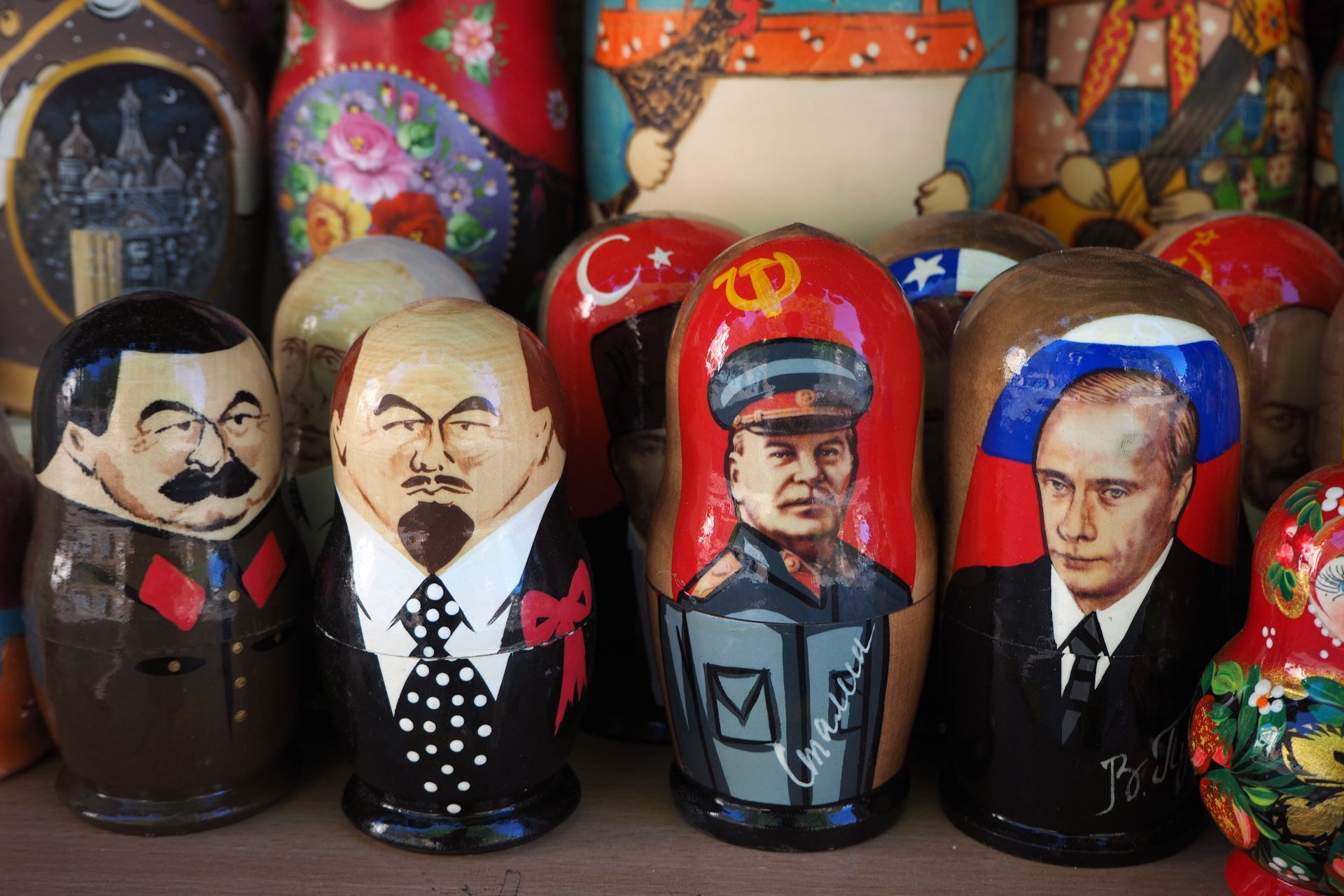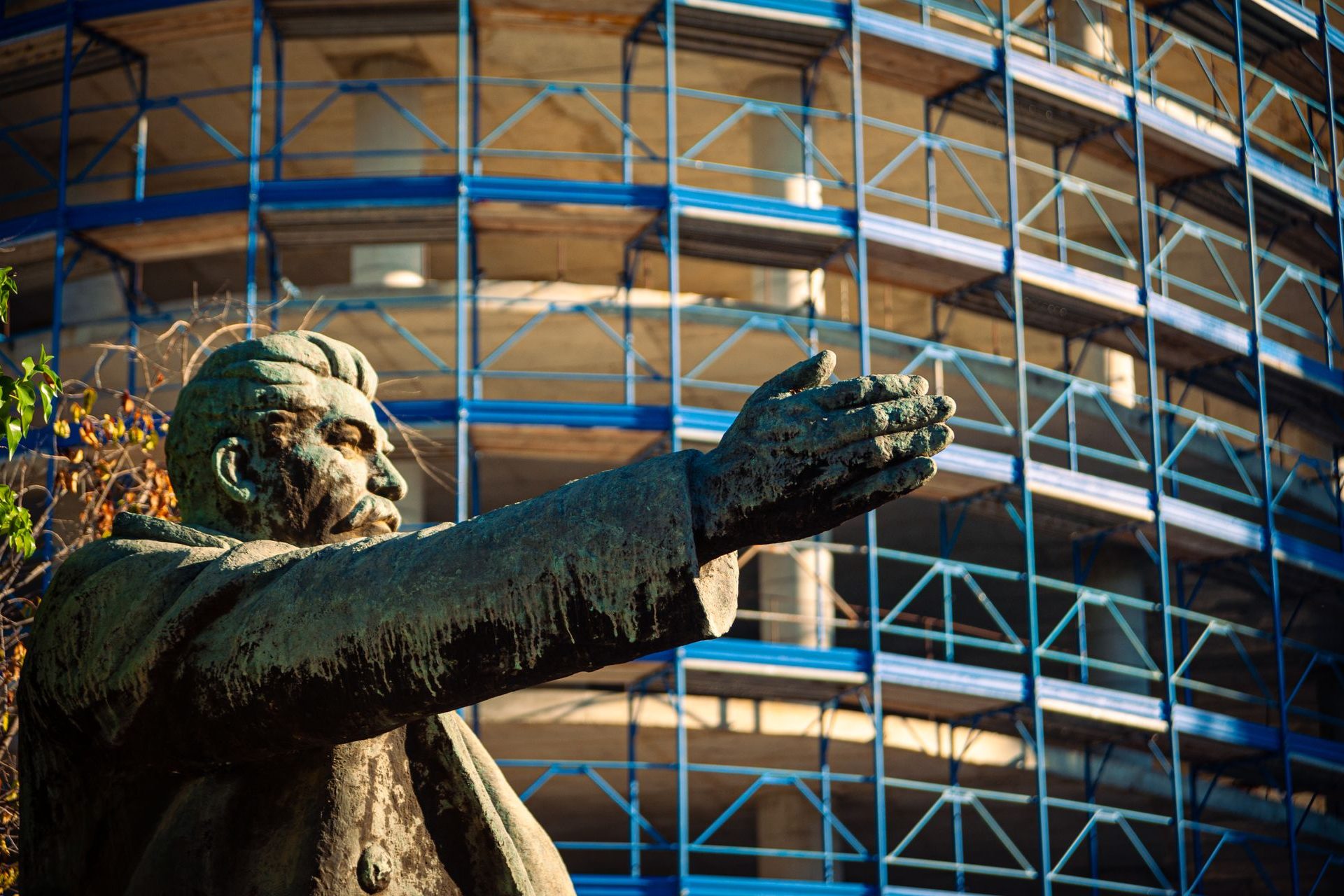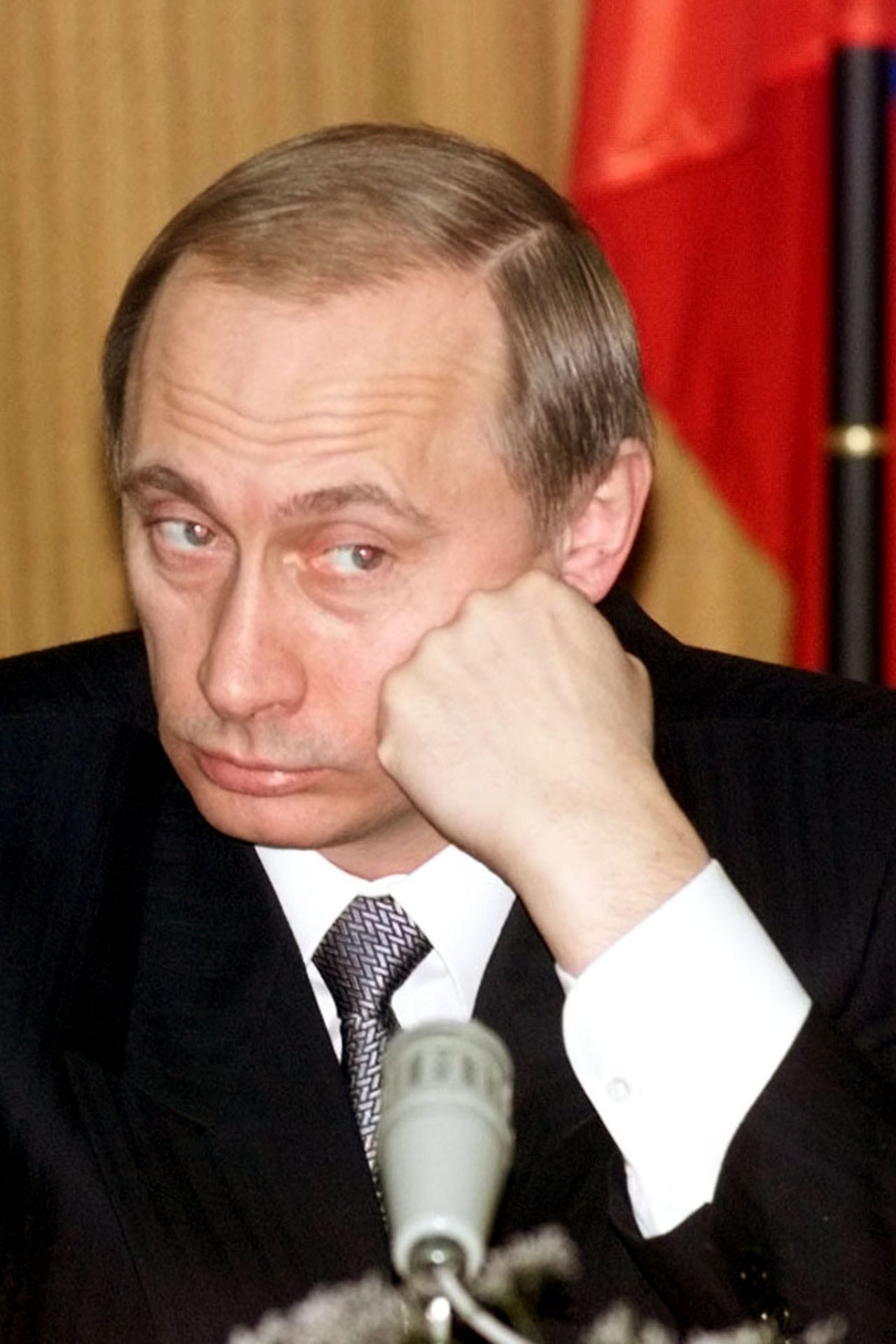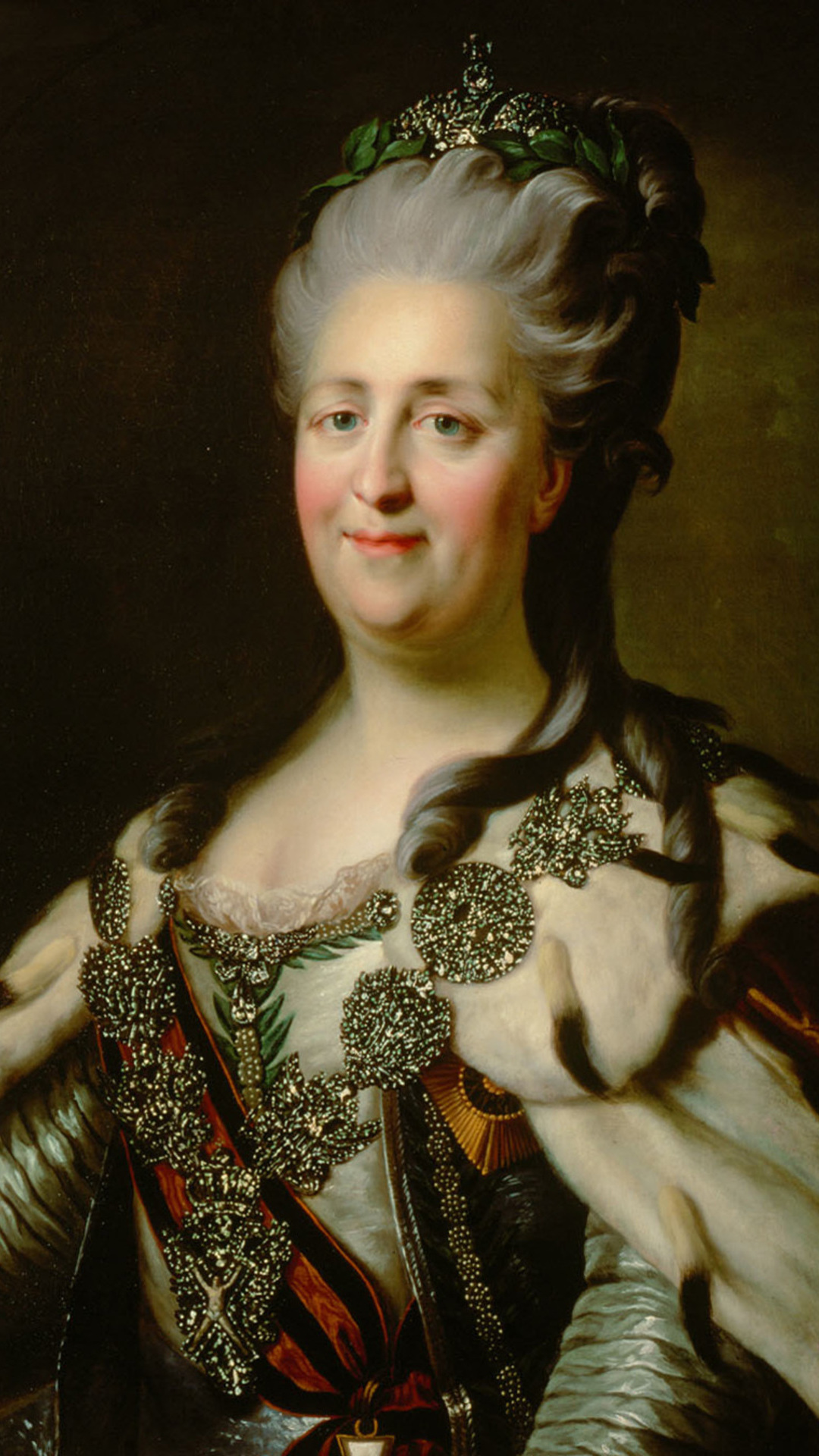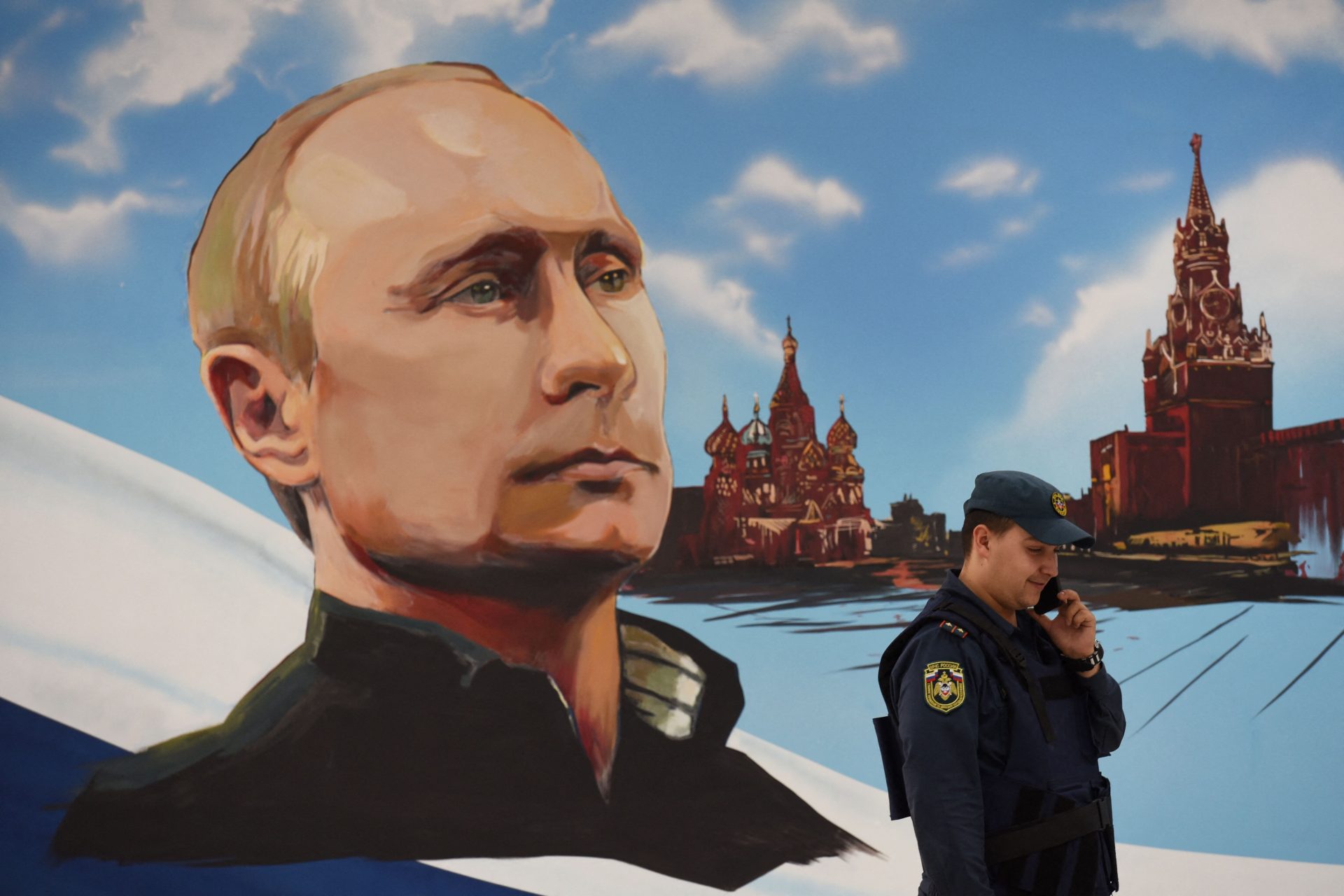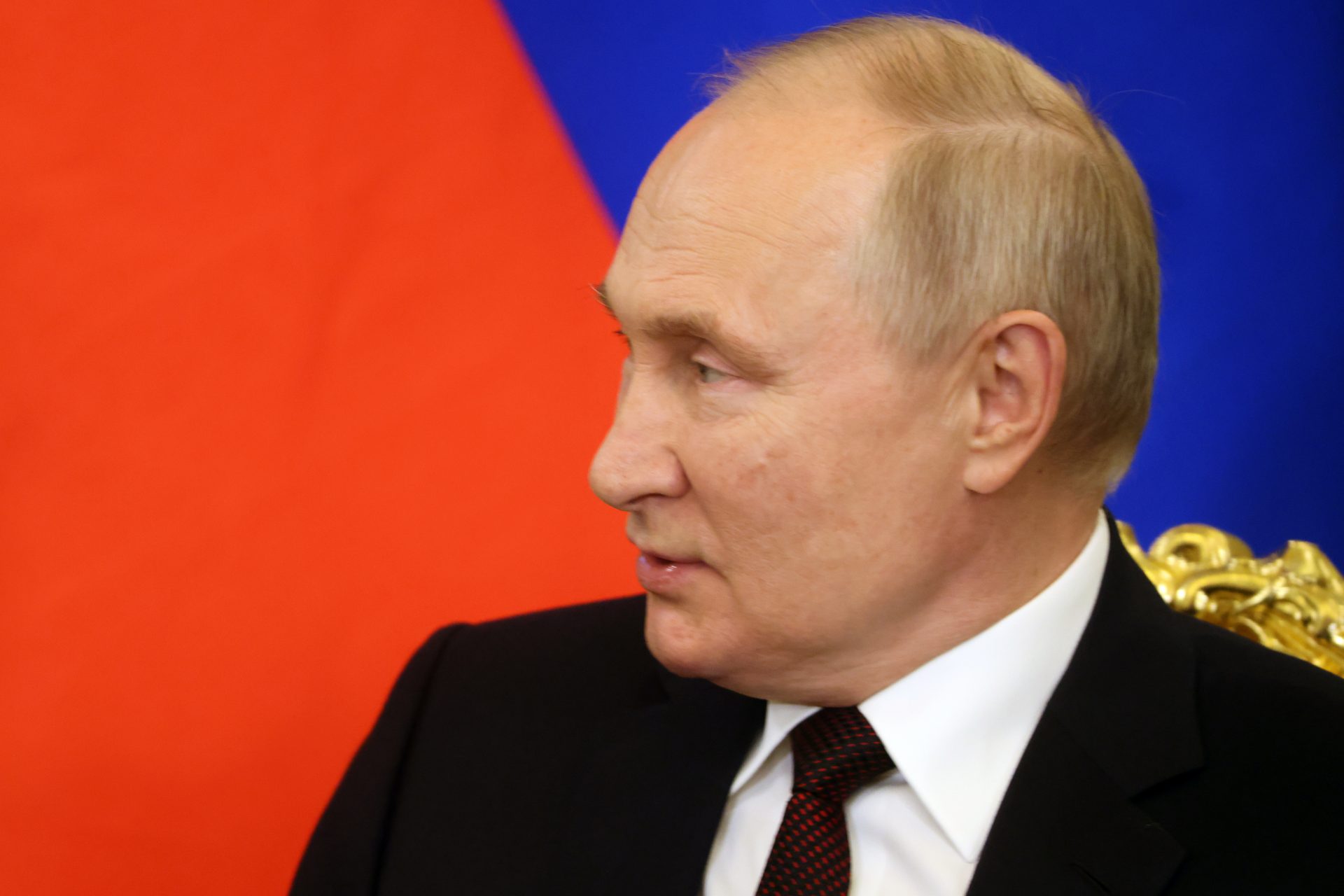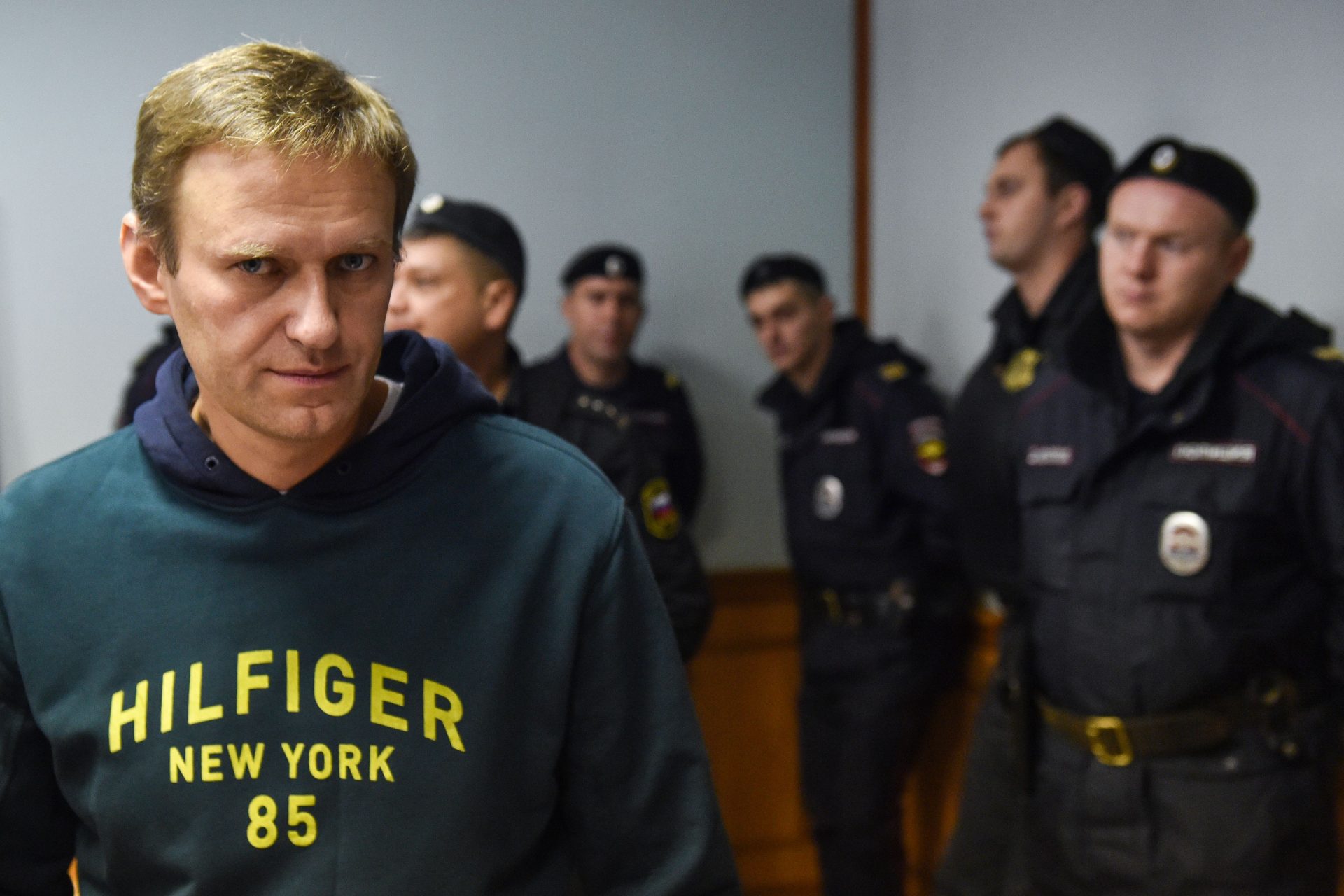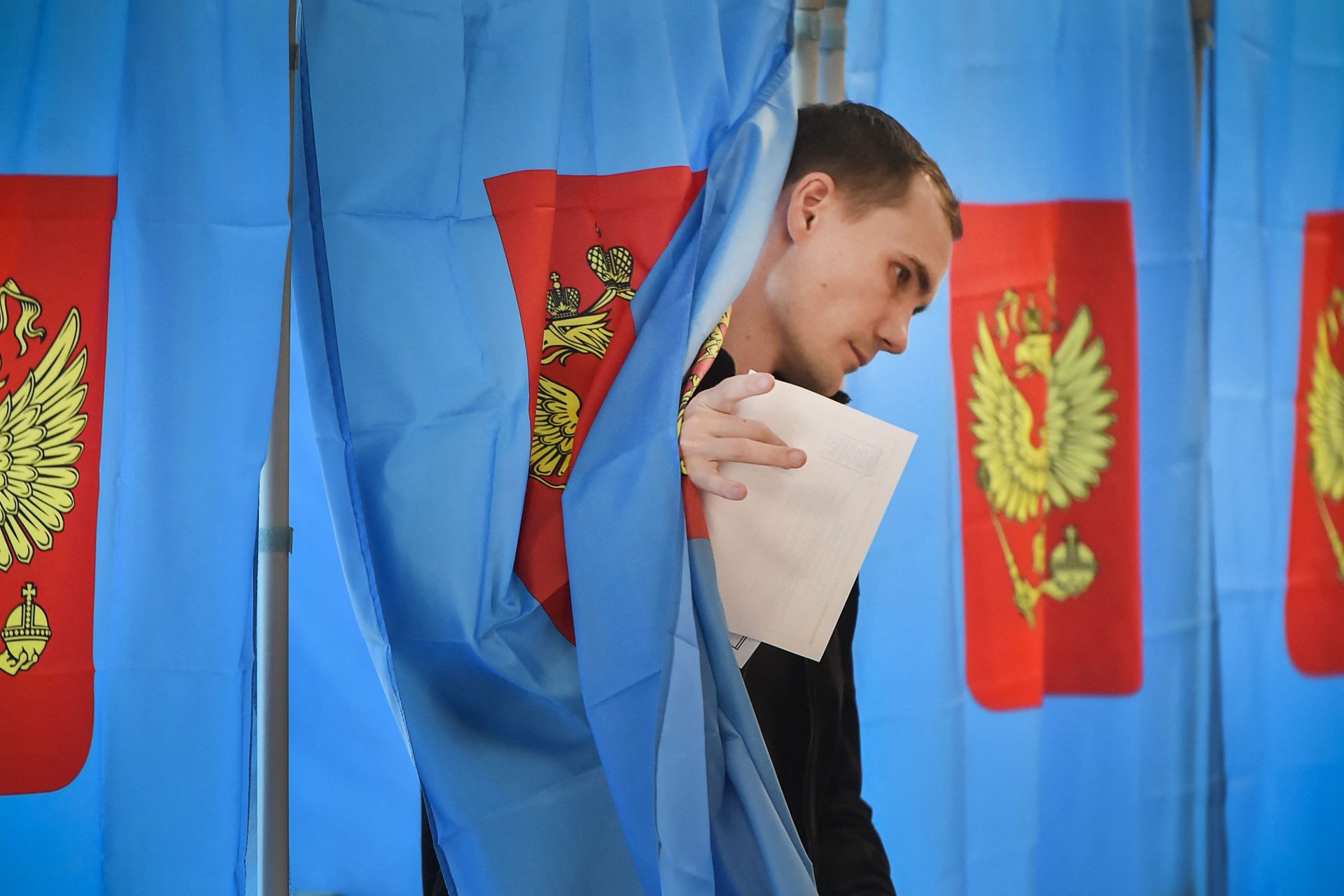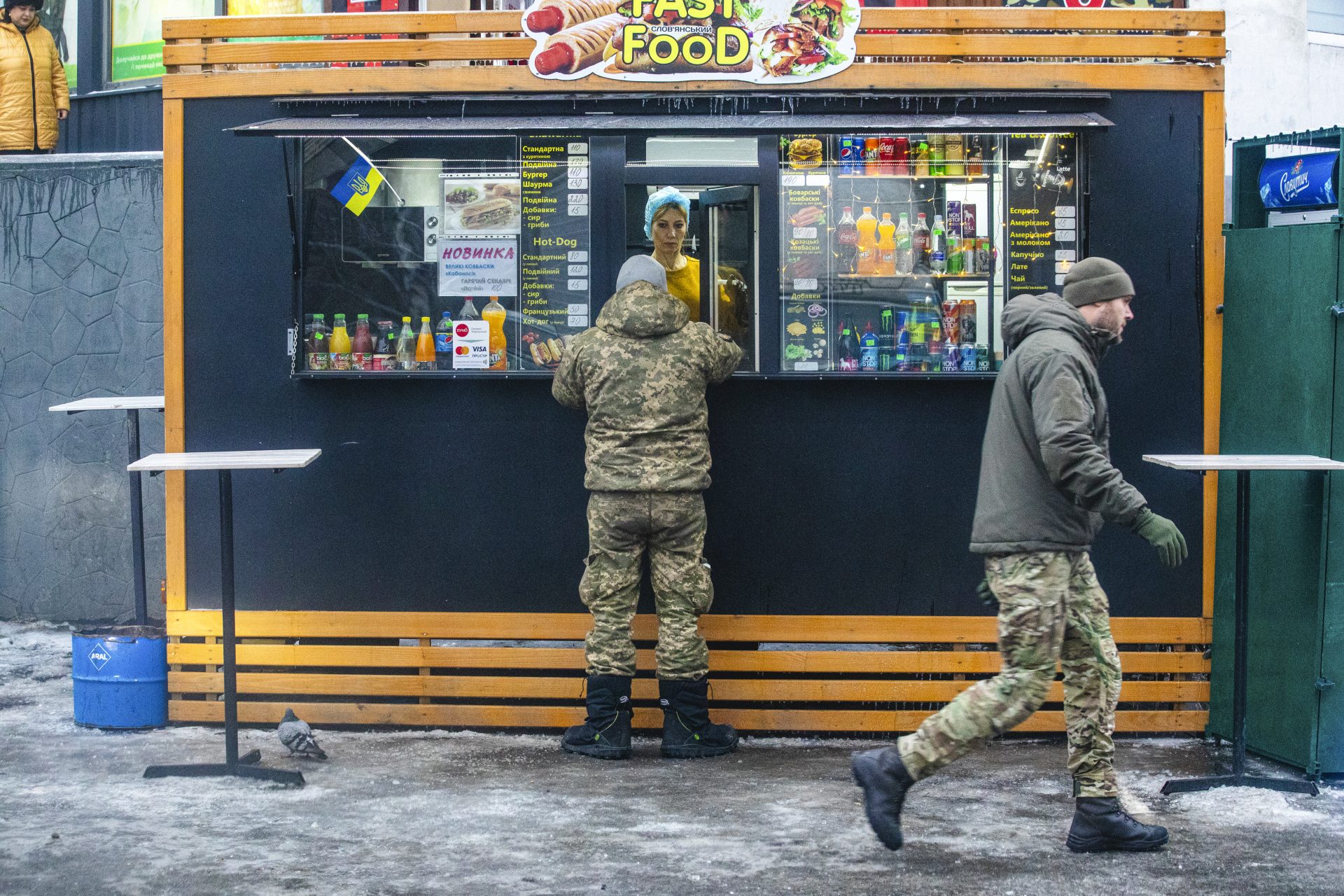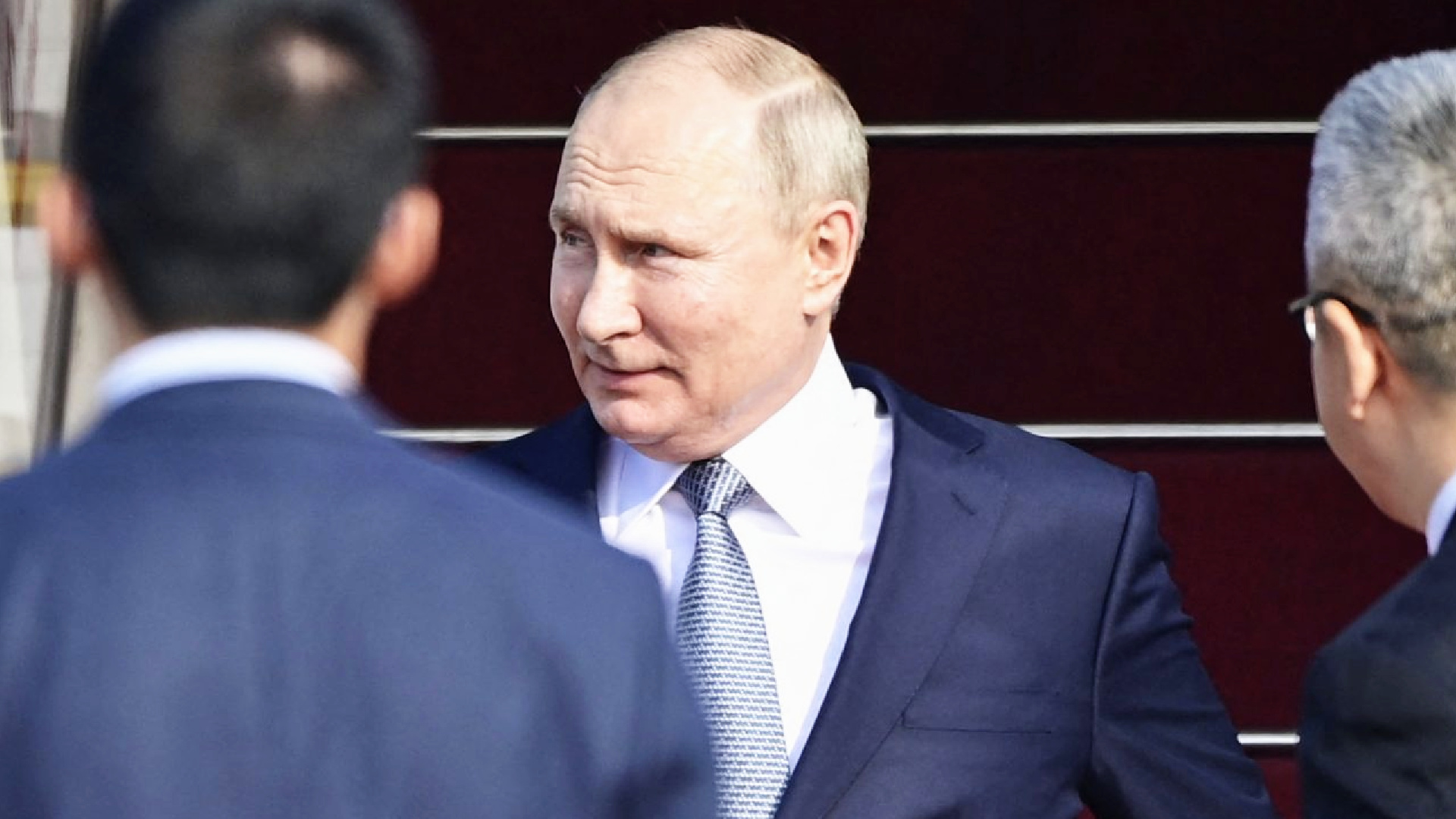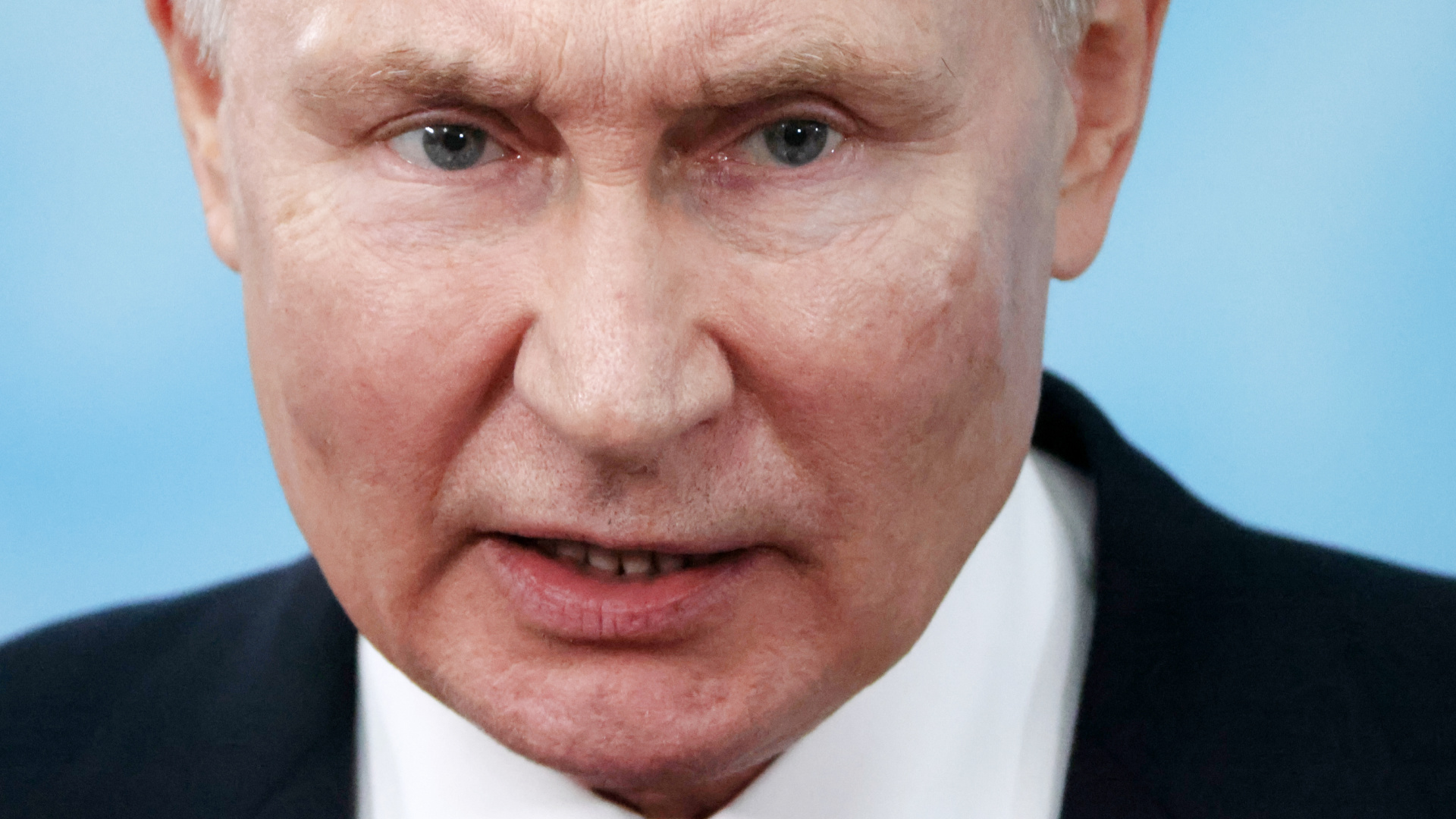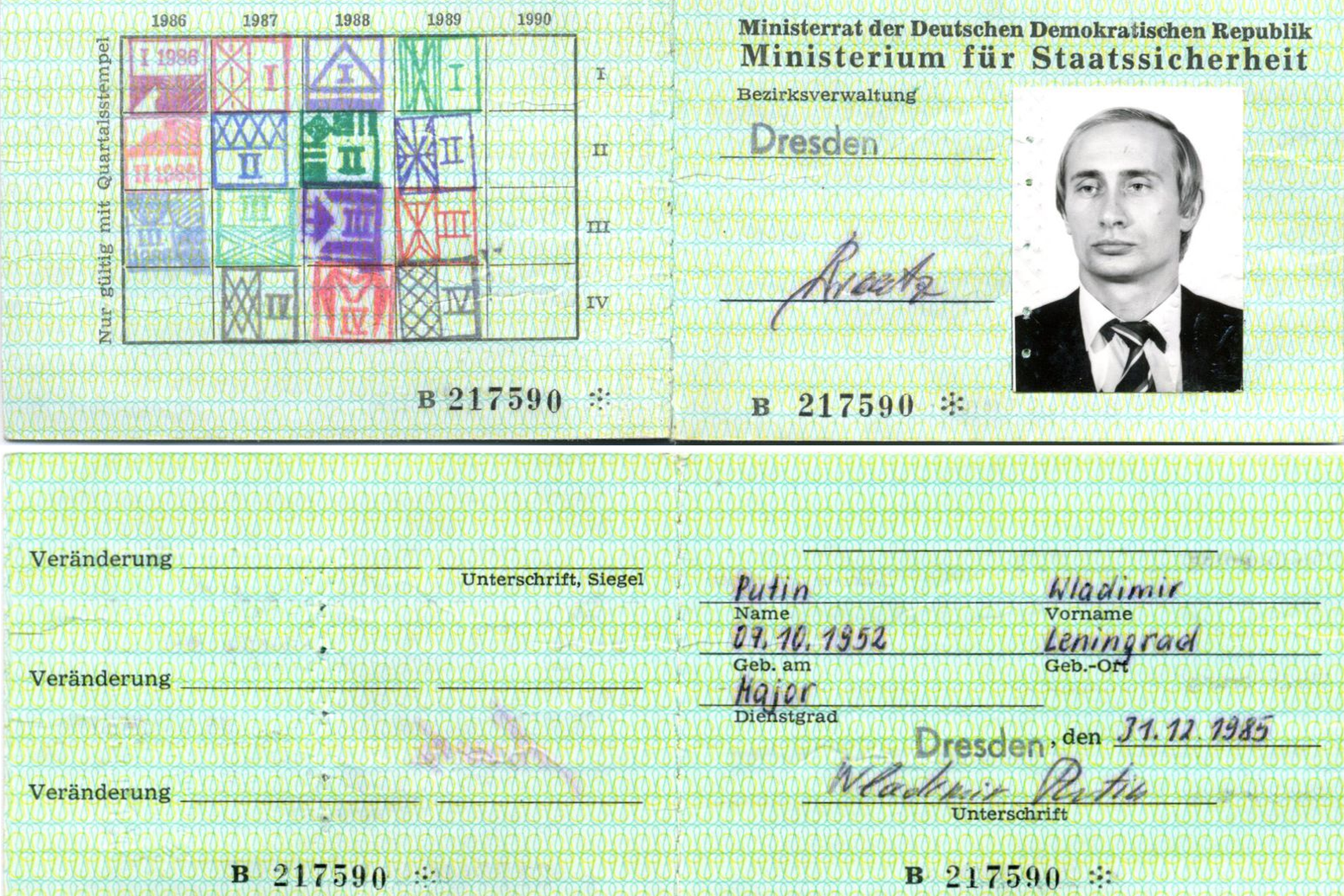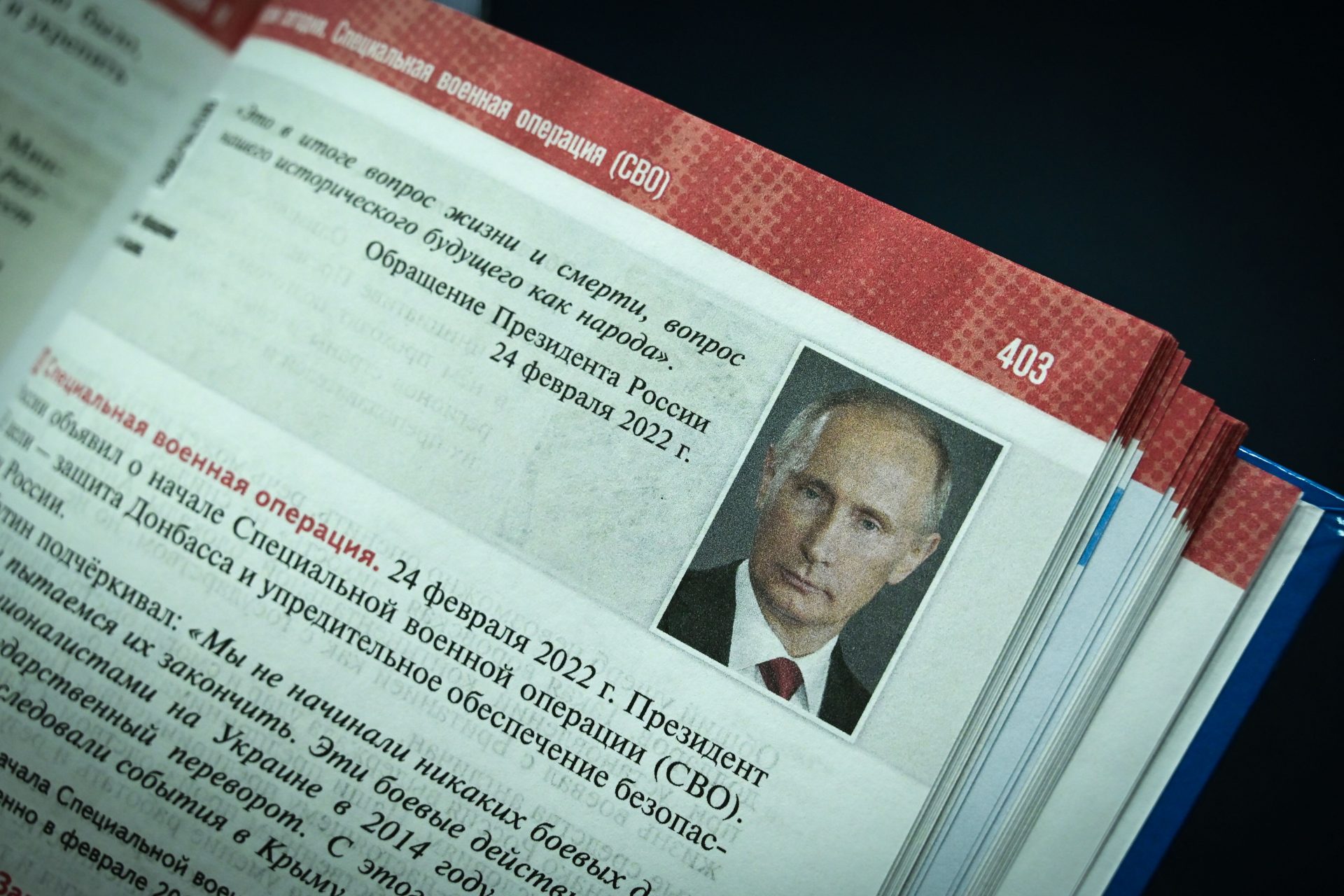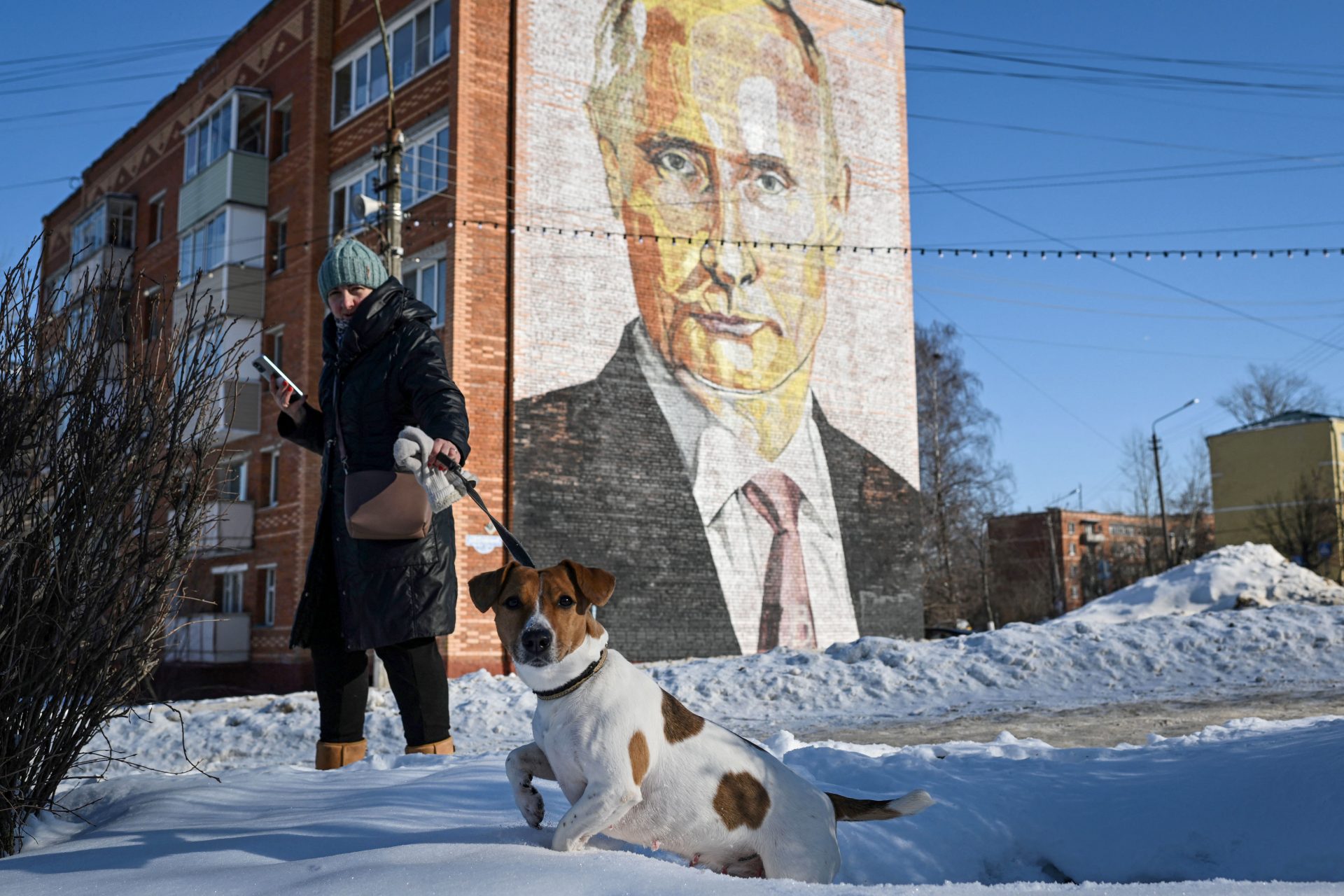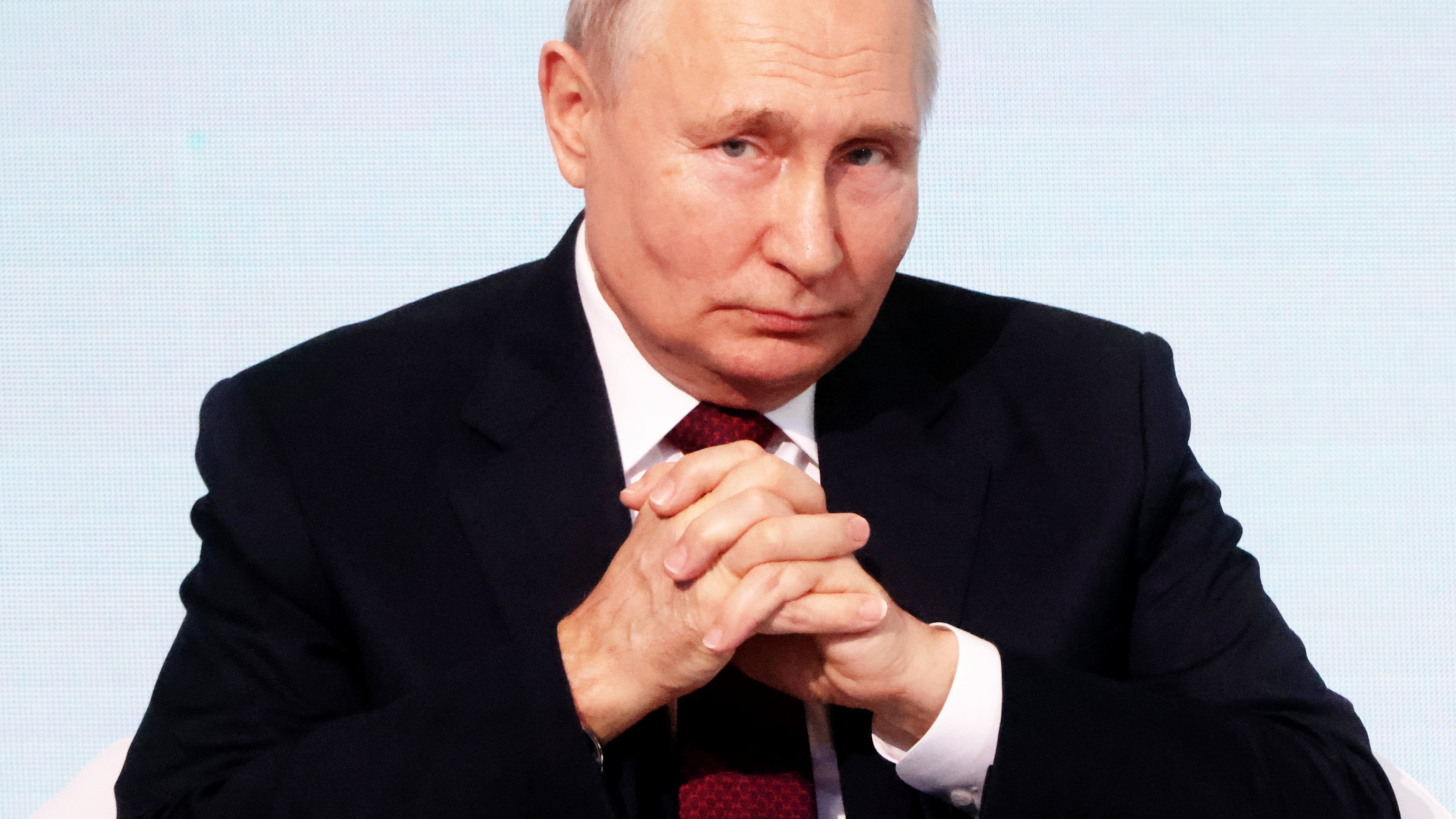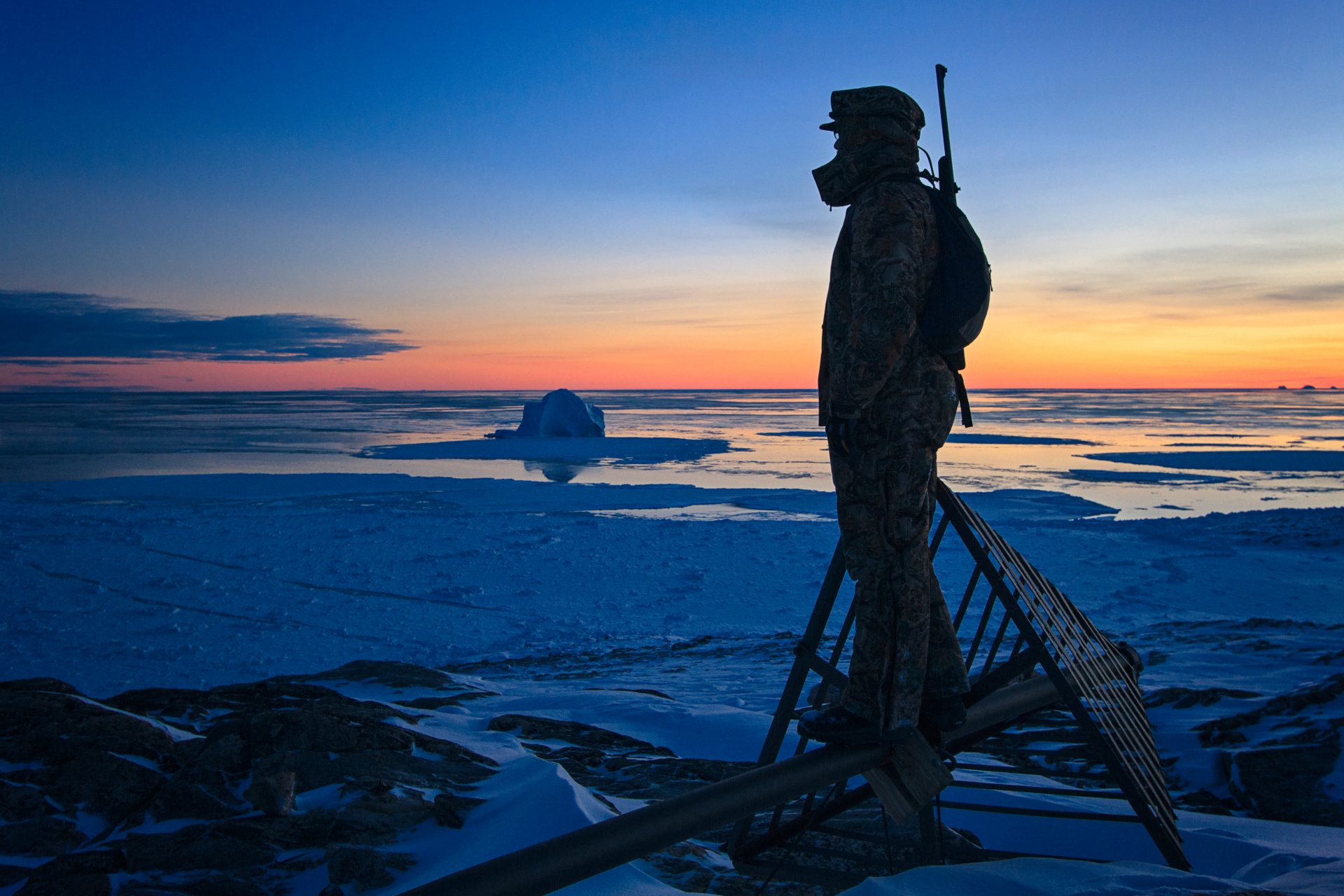Putin may surpass Stalin's time in power
Bridging the differences between both leaders, Putin is in a position to surpass Stalin in an important detail as a leader of Russia.
Putin announced that he is running for election again. If (as is foreseeable) he wins, his mandate would last until 2030 with the possibility of extending his presidency until 2036 after new elections.
Joseph Stalin ruled the Soviet Union with an iron fist between 1922 and 1953 for a total of 31 years. But how long has Putin been in power?
Putin was interim president in 1999 after the resignation of Boris Yeltsin and won his first elections in 2000. If he stays in power until 2036 the count is easy: 36 years in power, more than Stalin and more than any other of the great leaders of Russia.
Putin will also beat out Catherine the Great, Russian empress who remained in power for 34 years (between 1762 and 1796).
Image: From According to Aleksandr Roslin - Vienna Museum of Art History, Public domain, https://commons.wikimedia.org/w/index.php?curid=4724494
The truth is that Putin has established himself in Russia as a leader whom no one disputes (or whom no one dares to contradict) and enjoys popular support that hardly seems to be eroding. But do Russians really love him that much?
According to a survey by the Levada Center (an independent pollster company) cited by The New York Times, 58% of Russians would support Putin in an election. The survey was conducted this December of 2023.
And there are hardly any voices opposing the leader. Among other things, opposing Putin has a very high cost. Take the case of Navalny, imprisoned and "missing" due to his attacks on Putinism.
The next elections in Russia will be held on March 17, 2024. And they will have a peculiarity.
The territories annexed by Russia and that Ukraine claims as its own (Donetsk, Luhansk, Zaporizhzhia and Kherson) will be able to vote in these Russian elections.
Putin is currently 71 years old and there is often speculation about his state of health (is he sick?) but the reality is that, beyond lies, rumors and propaganda, he seems to be in top shape.
Contrary to what it may have seemed at first, the war in Ukraine has consolidated Putin in power. There is no victory in sight but Russia is not being defeated either so the patriotic narrative can be maintained in Putin's discourse before society.
Vladimir Putin's biography summarizes a good part of Russian history: the decline, fall and resurrection of an empire. Putin was part of Soviet espionage and installed himself in the new power ranks of Russia until he reached the top.
The commitment to Russia's imperial greatness is very present in Putin's ideology. Whether under tsarism or during the Soviet Union, whose disappearance Putin described as a "geopolitical catastrophe."
The image of Putin as an all-powerful leader is very present in Russian daily life. The tradition of the great helmsman continues as in the times of the Soviet Union.
A change of power does not seem to be realistic in Russia. In the 2024 elections there will be no opposition parties with real possibilities of facing Putin, who is, for the moment, unbeatable.
More for you
Top Stories



